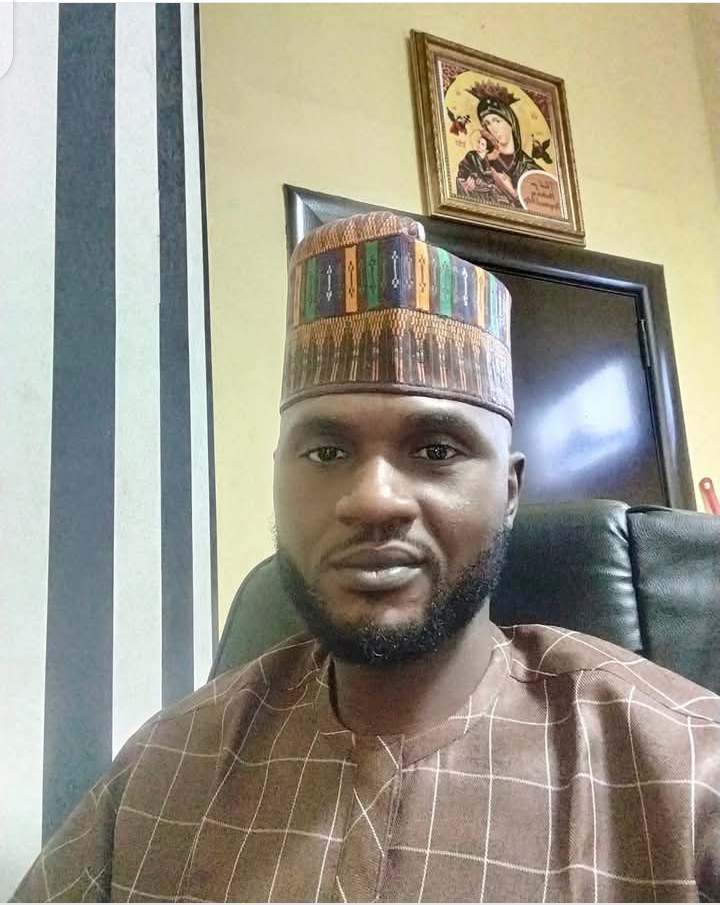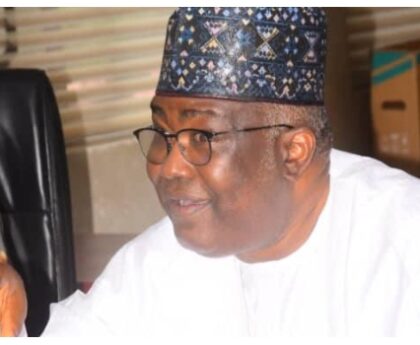Says Electricity Act 2023 Demands a New Direction for Nigeria’s Energy Sector
As the electricity tariff debate intensifies across Nigeria, with states like Enugu announcing tariff cuts, DisCos pushing back, and NERC digging, multidimensional energy expert and public policy analyst, Abdulrazaq Hamzat, has delivered a bold call to action, “It’s time to end one size fits all electricity pricing.”
Hamzat, an energy economist and Executive Director of the Foundation for Peace Professionals (PeacePro), says the current national tariff framework is outdated, centralized, and fundamentally misaligned with Nigeria’s federal structure and the Electricity Act 2023.
“Expecting Enugu to pay the same electricity tariff as Lagos is both illogical and unjust. Nigeria is a federation, and our energy pricing must reflect that,” Hamzat declared on Friday.
He argues that electricity tariffs must be rooted in service delivery, not political grandstanding, and proposes that NERC adopt a suite of tariff models tailored to state-specific economic realities, infrastructure status, and energy goals.
Hamzat’s Proposed 5 Multi Tariff Basket Includes Cost-Reflective Tariff, for states with high commercial viability, ensuring full cost recovery for DisCos and GenCos, Service-Based Tariff, where tariff rates are directly tied to supply hours, encouraging improved service for fair pricing, Subsidized Lifeline Tariff For low-income and underserved communities, guaranteeing basic access while industries pay adjusted rates, Renewable-Driven Local Tariff For states investing in mini-grid or off-grid renewable energy, allowing autonomous pricing based on local supply dynamics and Performance Contracting Model, linking tariff decisions to performance benchmarks agreed upon between states and electricity providers.
According to Hamzat, the Electricity Act 2023, which devolves power to subnational governments, gives states the authority to generate, transmit, and distribute electricity within their domains. He praised states like Lagos, Kaduna, and Edo for already moving toward localized energy governance, including setting up independent regulatory frameworks.
“The future of Nigeria’s power sector is decentralized. NERC must stop imposing blanket decisions disconnected from ground realities,” Hamzat stressed.
He concluded by warning that if NERC fails to evolve with the times, it risks becoming an obstacle to progress rather than a partner in Nigeria’s energy transformation.
“What Nigeria needs is flexibility, transparency, and fairness, a pricing system that empowers states to define their energy destiny.”





